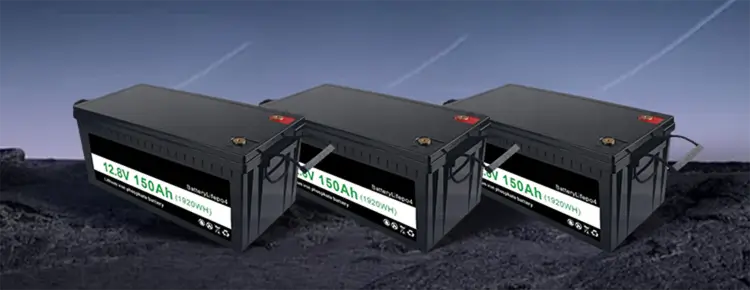
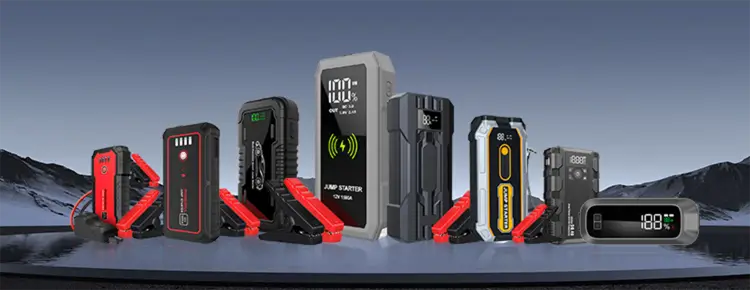
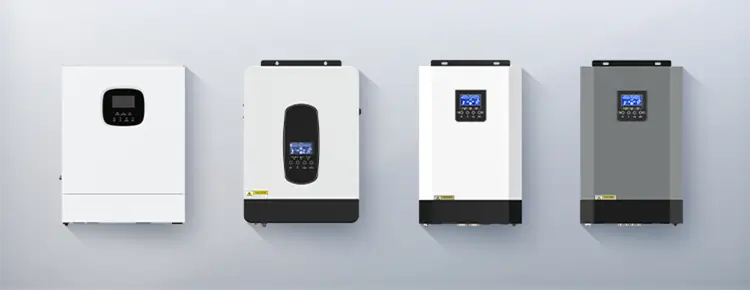

Blog
Hot Category
Latest Blog
10 Mar 2025
Shelley
With the rapid development of the electric vehicle market, battery technology, as its core driving force, is also constantly advancing. As one of the important technical routes, lithium iron phosphate batteries (LiFePO4 batteries) have been favored by more and more automakers and consumers for their excellent safety, ultra-long cycle life and attractive cost advantages. So, which electric vehicle brands have caught this express train that emphasizes both safety and efficiency?
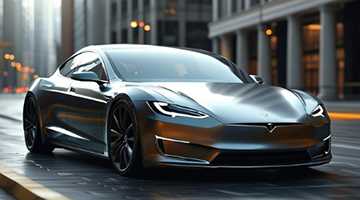
Tesla, the world's leading electric vehicle company, is undoubtedly one of the pioneers of LiFePO4 batteries. Since 2022, Tesla has applied this battery on a large scale in some of its models, accounting for about 50% of its production in the first quarter. This bold move is not only due to the excellent performance of LiFePO4 batteries in safety and stability, but also because of its significant advantages in raw material costs, which will help Tesla reduce the price of entry-level models while maintaining vehicle high performance, further enhancing its market competitiveness.
Another American automaker, Ford, also widely uses LiFePO4 batteries in its electric models. Ford uses lithium iron phosphate battery solutions in its pure electric models Mustang Mach-E and F-150 Lightning. This move not only helps Ford maintain price competitiveness amid rising raw material prices, but also effectively alleviates the demand pressure for ternary lithium batteries in high-end models, thereby increasing overall production capacity. In addition, Ford also plans to equip the pure electric commercial truck E-Transit with LiFePO4 batteries to further expand its application territory.
In China, emerging electric vehicle brand Xiaomi also offers a version equipped with LiFePO4 batteries in its latest model SU7. The Xiaomi SU7 standard version and Pro version use lithium iron phosphate batteries from Fudi Power and CATL respectively. This battery is not only cost-effective and safe, but also has an ultra-long cycle life, which is fully sufficient for consumers' daily use of electric vehicles. In particular, the standard version is equipped with a 73.6kWh lithium iron phosphate blade battery, with a CLTC range of 668 kilometers, and can replenish 350 kilometers of battery life in 15 minutes, which is amazing.
In addition to these well-known companies, emerging electric vehicle company Rivian has also joined the LiFePO4 battery camp, launching a number of battery-equipped models including the R1T pickup, R1S SUV and EDV van. These models are designed to provide more stable performance and longer service life through lithium iron phosphate batteries to meet the diverse needs of different consumers.
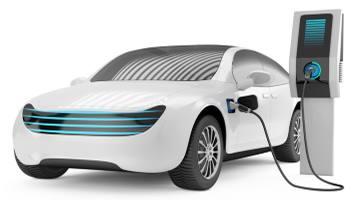
The reason why lithium iron phosphate batteries have attracted widespread attention is mainly due to their unique material properties. Compared with ternary lithium batteries, LiFePO4 batteries do not contain expensive nickel and cobalt, and the supply of raw materials is more stable and the cost is lower. At the same time, this type of battery has excellent charging and discharging performance and safety, and a longer cycle life. Although it is slightly inferior to ternary lithium batteries in terms of energy density and driving range, its stability and safety make it the first choice for many consumers.
T50 Portable Power Station 3000w 5376Wh
In summary, electric vehicles equipped with LiFePO4 batteries not only occupy a place in the market, but also are expected to play a more important role in the field of electric vehicles in the future as technology continues to advance and costs are further reduced. Whether it is Tesla, Ford, Xiaomi, or Rivian, the choices of these companies undoubtedly provide consumers with more diverse choices and strongly promote the comprehensive development of the electric vehicle industry.